In the face of the current challenges, we need to be clear on what kind of future we want to shape, and Hungarians do not want war, migration and aggressive gender propaganda, Hungary's Minister of Foreign Affairs and Trade Peter Szijjarto said in New York on Thursday.
The minister attended the preparatory ministerial meeting in advance of the 2024 Summit on the Future, which is expected to lay the foundations for international cooperation in the coming years and decades.
In his speech, he stressed that today humanity is living in an era of perils, with wars raging in some thirty parts of the world, incessant waves of migration on the move, the threat of terrorism intensifying, and having to tackle serious economic and health challenges in recent years.
So now we have to formulate what kind of future we want. We Hungarians want peace, security and help for families,
he said, adding,
to put it differently, we can say that we don't want war, we don't want migration and we don't want aggressive gender propaganda.
On the war in Ukraine, Peter Szijjarto maintains that Europe and the United States should finally realize what most of the world already recognizes: that a resolution can only be brought about by negotiations and not by fighting.
Whoever supplies weapons becomes responsible for extinguishing human lives, since the more weapons there are in a war, the more people will be killed, the longer the war will last and the greater the risk of escalation,
he warned.
The FM then touched on illegal immigration, emphasizing that it is time for Brussels to finally stop encouraging migration and stop working for people smugglers, but instead dismantle the business model of these networks and address with the root causes.
We are protecting our southern border in the face of increasing pressure. We don't want migration in the coming years, and we don't want a global policy that encourages migration processes.
Hungary is also committed to the traditional family model, in which a father is a man, and mother is a woman, and that children must be provided the opportunity for safe development, he said, noting why Hungary
firmly rejects aggressive gender propaganda, and would like to see in international politics the fair treatment of those who advocate the conservative, family-based lifestyle.
The Hungarian FM will also speak at the meeting of the UN Alliance of Civilizations. In this regard, he pointed out that processes leading to the blocification of the world are extremely strong today.
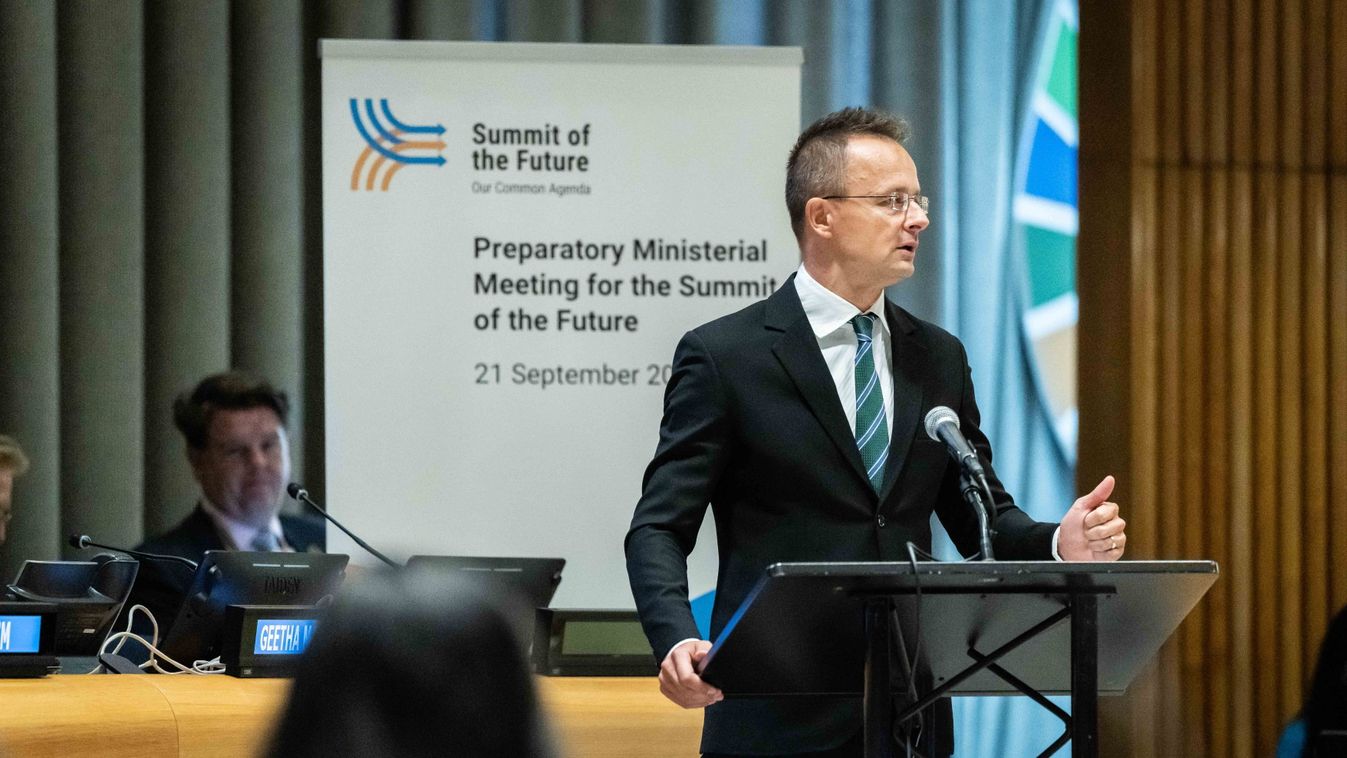
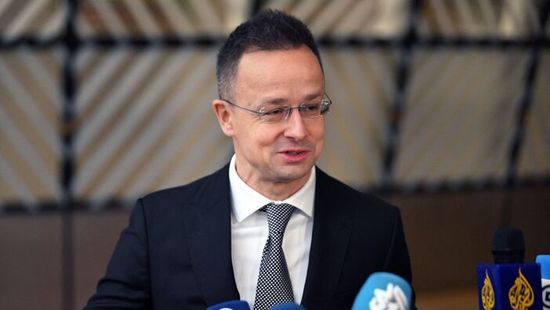
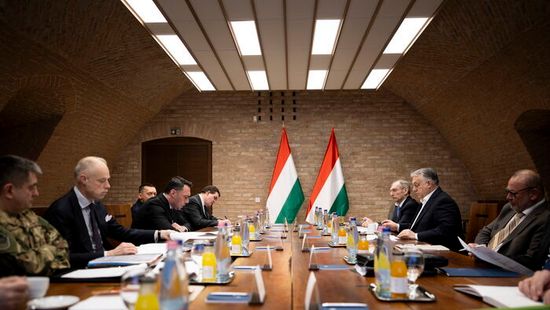

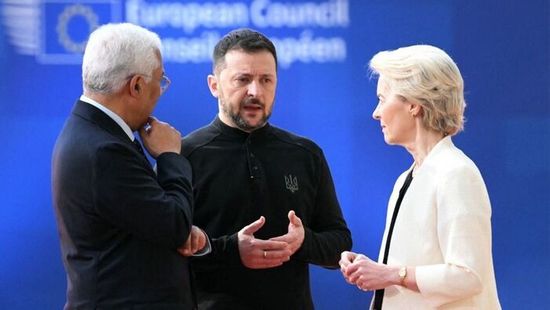




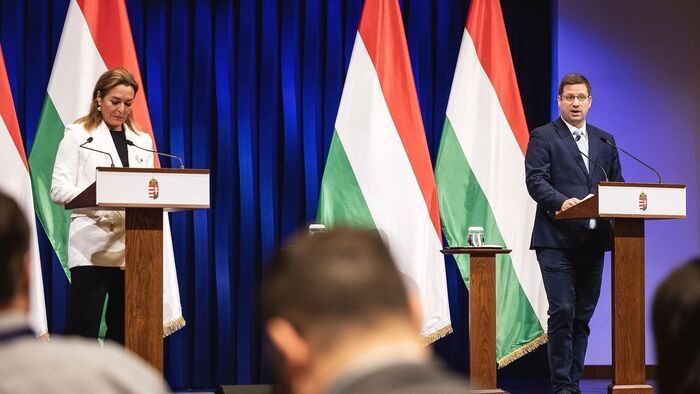





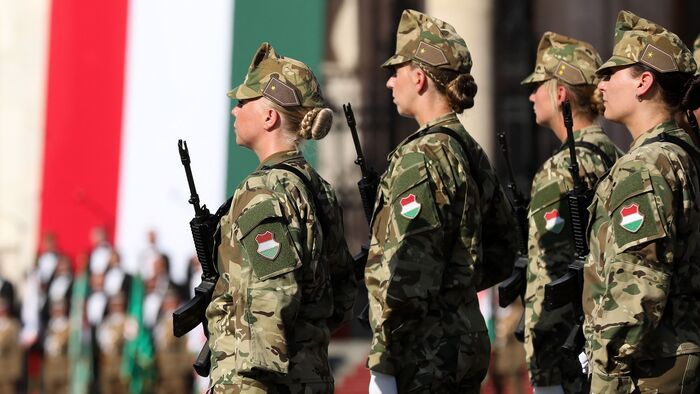
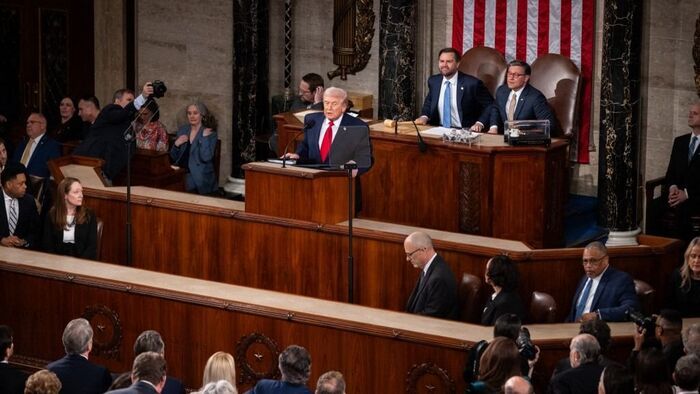
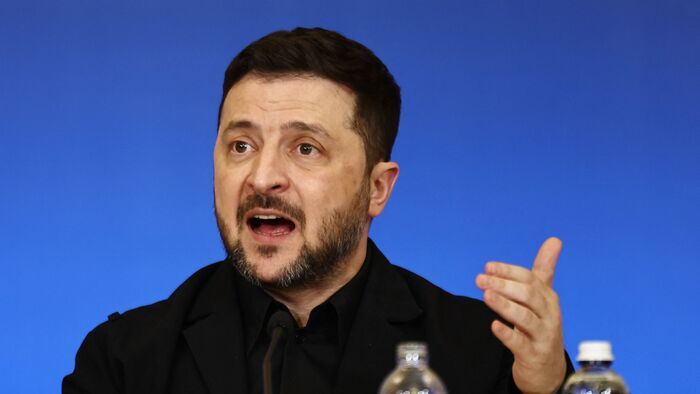




Szóljon hozzá!
Jelenleg csak a hozzászólások egy kis részét látja. Hozzászóláshoz és a további kommentek megtekintéséhez lépjen be, vagy regisztráljon!